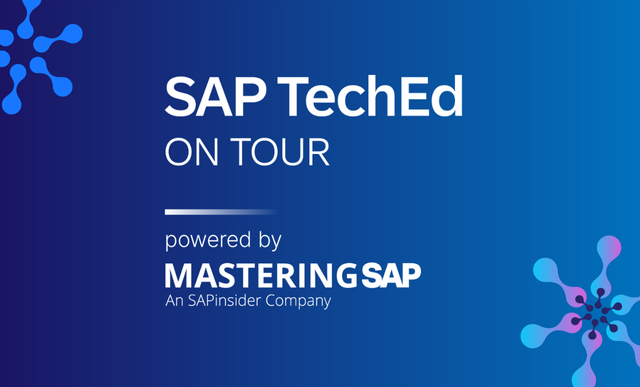Empowering Teams Through Change
Meet the Authors
Key Takeaways
⇨ Organisations must adapt to diverse workforce needs by engaging regularly with employees through surveys and open communication to understand their experiences and challenges.
⇨ Empowering employees with autonomy and trust, such as offering flexible sick leave and focusing on results rather than hours worked, can lead to improved accountability, outcomes, and overall employee well-being.
⇨ Leveraging data analytics and modern workplace management systems is essential for tailoring workforce strategies, optimising operations, and enhancing the employee experience in a dynamic business landscape.
People management has been challenging for organisations especially post-Covid. Changing workforce expectations, increasing wealth inequality, volatile financial environment, and reduced job security, are only few of the challenges that both businesses and employees are facing alike. The traditional ways of managing the workforce no longer work as organisations find the meaning of the “new normal” as organisations rethink the employee experience spectrum. With the rise of the gig economy and digital natives, accelerated AI adoption and AI-driven productivity are the new benchmarks for success.
In constantly evolving and a dynamic business landscape, effective people management becomes even more crucial. But how can organisations gain an end-to-end view of both operational and subjective employee experiences?
Empower the Employee and the Individual
Organisations can create an inclusive and efficient workplace by understanding and adapting to their workforce’s diverse needs. This starts by recognising the challenges that the workforce is confronting through workplace surveys.
Explore related questions
Julia Damrow, New Zealand HXM Practice Partner, DXC Technology, emphasises, “There are a number of strategies organisations can employ. One is to understand their workforce better and cater to changing needs, sometimes down to the individual (where possible). For example, ADHD and Autism diagnosis levels are high and increasing as many feel overwhelmed by the noises or challenges of various work environments. As a society, we are more distracted than ever. Why not ask employees what they need or want? Be led by consensus rather than perception.”
Additionally, organisations can engage with their employees on a regular basis to identify what works for them or not and implement changes that resonate with their employees. This also means empowering and trusting employees to manage their time and responsibilities. This not only instills a culture of accountability and autonomy but also improves overall outcomes while minimising misuse. The emphasis should shift from monitoring hours to achieving results, providing employees with the support they need to work efficiently and effectively in ways that align with their individual strengths.
Damrow asserts, “Organisations should start by empowering their employees, and to trust them. For example, giving employees unlimited sick leave statistically means that overall sick leave costs go down as there is no perception that it must be “used up”. Believe in your people, the vast majority do the right thing. The few that don’t, won’t under most circumstances. The same with working hours. What did you hire your workforce for? Allow them to do their jobs, and in a timely and effective manner. Ensure support is available and manage accountability to outcomes, but not the clock.”
The Data Advantage
The traditional “one-size-fits-all” approach is no longer effective when it comes to workforce management, particularly when considering the diverse types, sizes, and purposes of modern organisations. Leveraging data collected through surveys, and analytics is an effective way that organisations can use to improve employee experience.
Damrow suggests, “There are several methods to gather this data effectively. One straightforward approach is to directly engage with staff by asking about their daily activities, identifying what is working well and what challenges they face. When these questionnaires are designed to be personal and relevant, they can yield valuable insights. Additionally, collaborating with Wellness Champions—potentially from within the organisation—can help maintain a clear understanding of employee well-being and ensure a proactive approach.”
Transform with Modern Workplace Solutions
Workforce Management Systems provide powerful tools to track employee activity, optimise rosters and schedules, and enable precise forecasting. These systems facilitate the monitoring of when employees arrive and depart, their productivity levels, and their availability compared to organisational needs or expectations. Such insights are essential for creating plans that are tailored to individual roles and aligned with the organisation’s objectives.
DXC Technology provides a number of solutions for workplace challenges, both in terms of technical systems that can do the heavy lifting as well as thought leadership and strategic guidance of how an organisation’s HR landscape should or could be shaped. DXC offers best practice advice and system expertise based on a deep understanding of legislative requirements, functional and business needs and according to the latest thinking and technologies.






